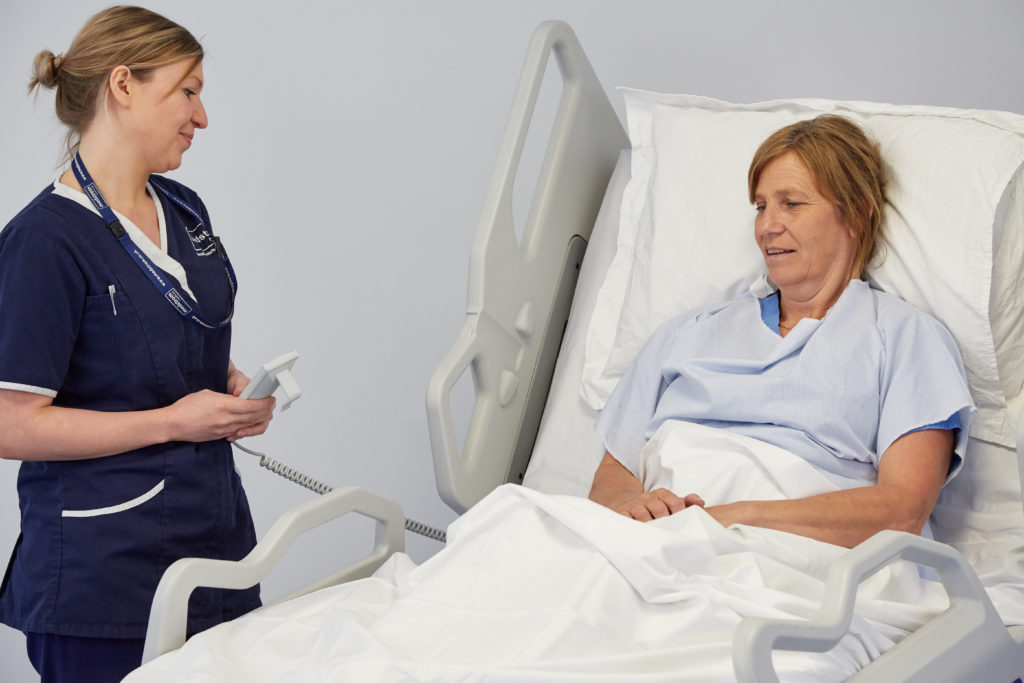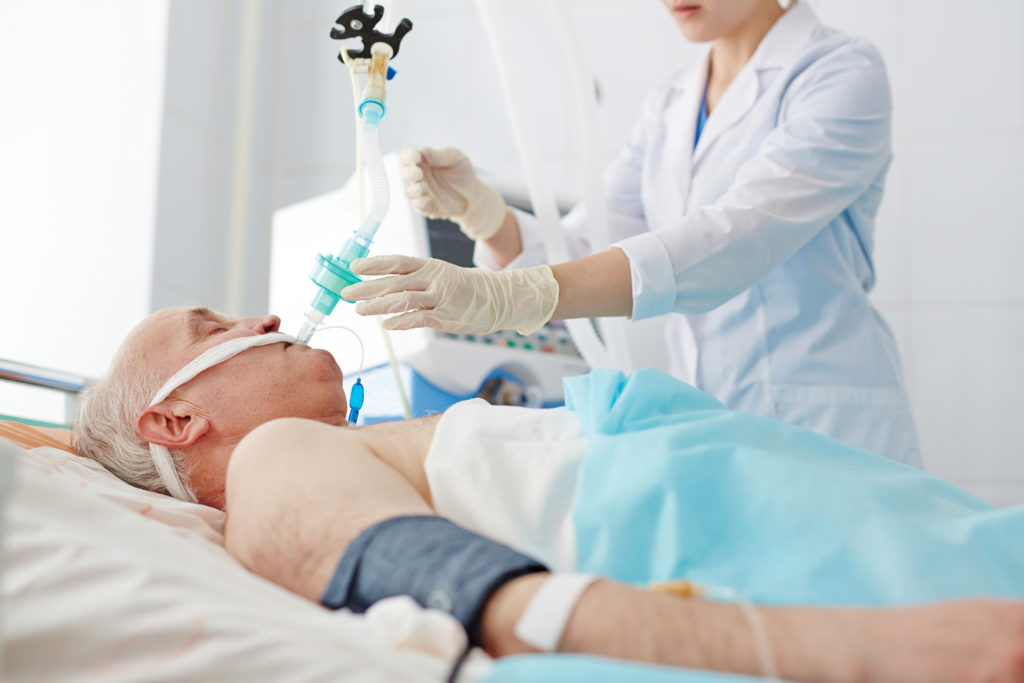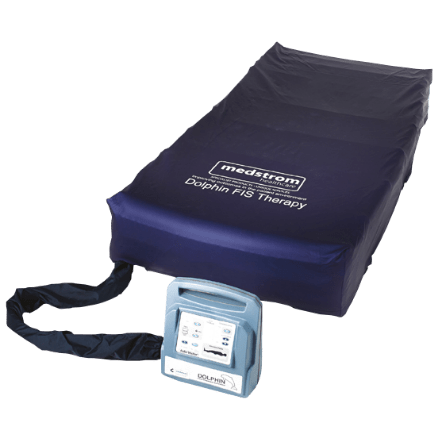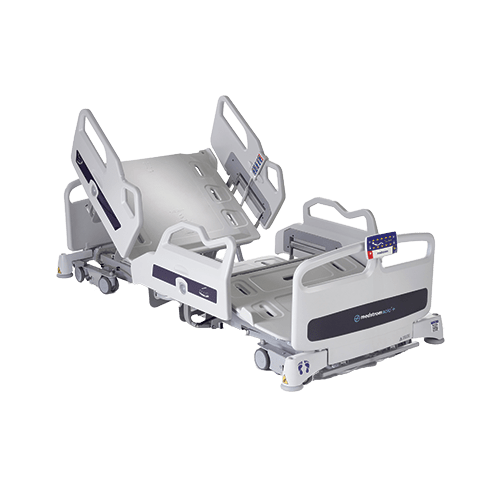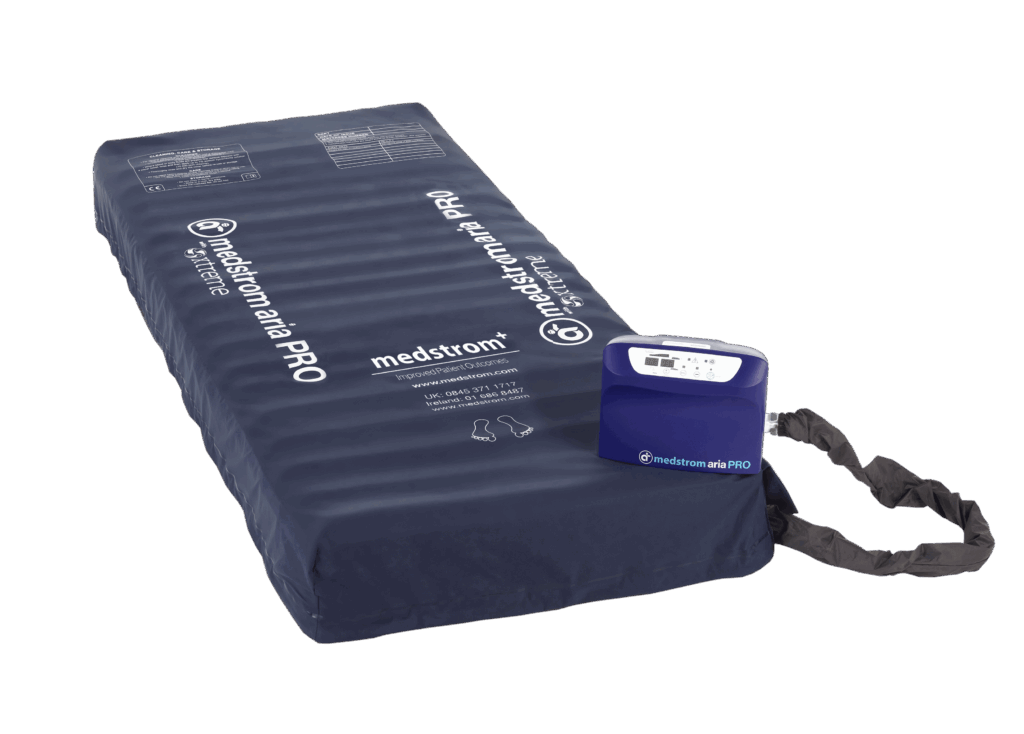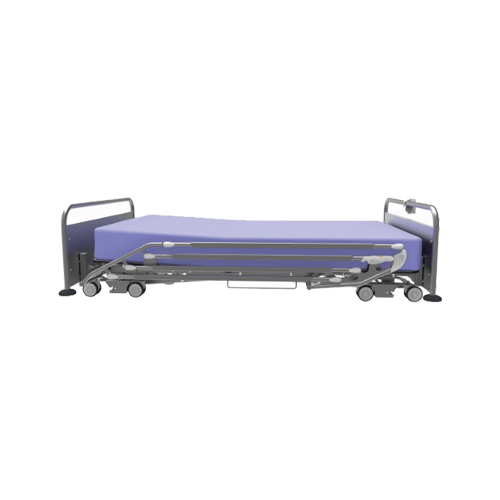Medstrom announce CPD-accredited education programmes
Medstrom are delighted to announce a range of Continuing Professional Development (CPD) accredited courses for healthcare professionals, designed to support their professional development.
The CPD Certification Service are an independent centre that supports organisations seeking authoritative accreditation for their CPD activities. CPD plays a crucial role in helping individuals, organisations or entire industries to keep skills and knowledge up to date. Providing CPD enables organisations to become a knowledge bank to key stakeholders of an organisation.
CPD Certification Service requirements state that clinical staff should undertake 35 hours of continual professional development, relevant to their scope of work as a nurse, midwife or nursing associate, per year. The professional can decide which activity will be most beneficial for their development and to meet the participatory learning requirement, activity needs to include interaction with other healthcare professionals. This can be in a physical or virtual environment. CPD activity is recorded in terms of learning outcomes and the practical application of the knowledge obtained.
Medstrom will be offering CPD-accredited education to their NHS clinician customers, providing evidence-based learning and development opportunities.
Educational sessions will be held at the soon-to-be-launched Medstrom Academy, as well as on-site at a customer’s premises.
Rachel Apsey, Sales and Marketing Director, sees this as a real opportunity to provide added value for our customers. Rachel comments, “We are delighted to offer healthcare professionals this exciting development opportunity. Supporting our customers in this way ensures individuals are able to continually update their skills, which is very important to Medstrom as a service provider who is focused on improving patient outcomes.”
The new initiative will launch initially with the following programmes:
‘NHS Improvement: Definition of a Pressure Ulcer’: Explaining the functions, purpose and structure of skin, causes of skin damage and presenting NHS Improvement’s revised pressure ulcer classification as detailed in ‘Pressure ulcers: revised definition and measurement’ which was introduced in April of this year.
‘The Science of Surfaces’: Allowing participants to gain detailed knowledge and understanding of the various mattress types and technologies, with a presentation of relevant evidence.
‘The Consequences of Immobility’: A detailed review of the effects of immobility on all body systems, discussion of associated research and a presentation of potential solutions that can be provided by assistive technology.
‘Patient Harm and Mobilisation from the Bed’: Examining that causes of patient harm as a result of patient mobilisation and how these can be overcome.
